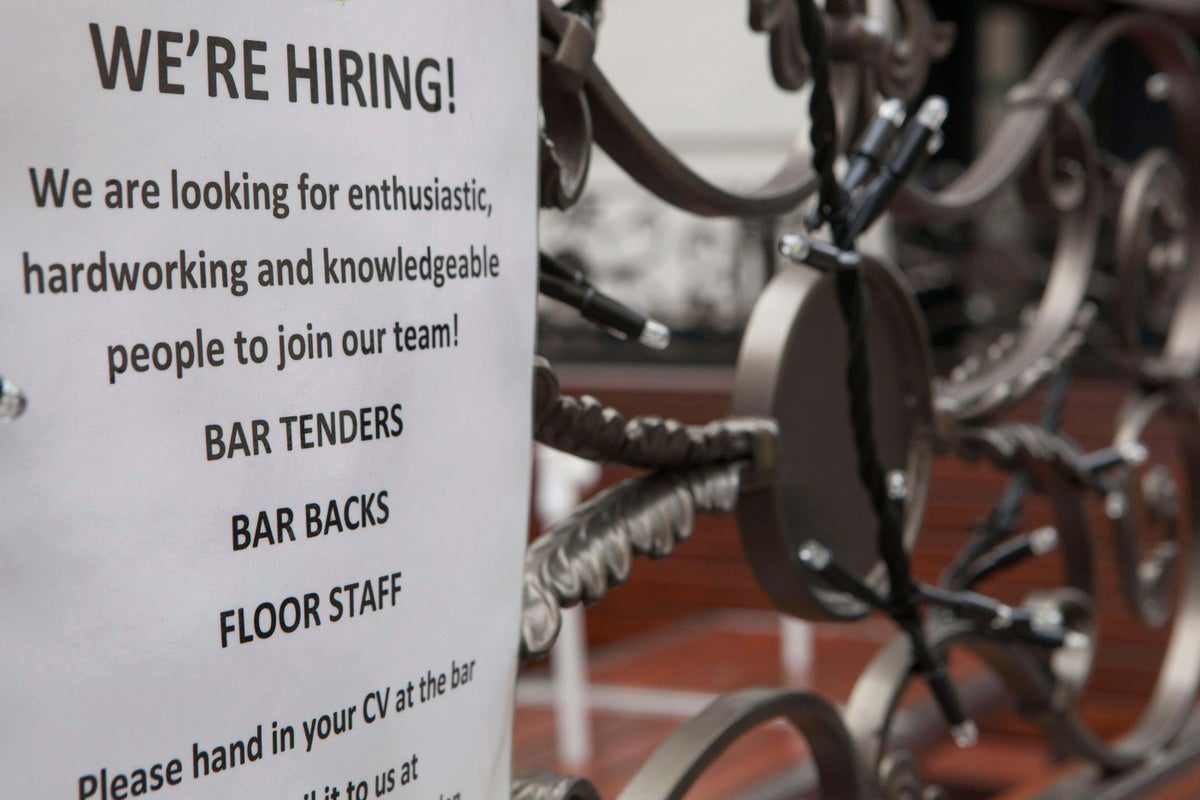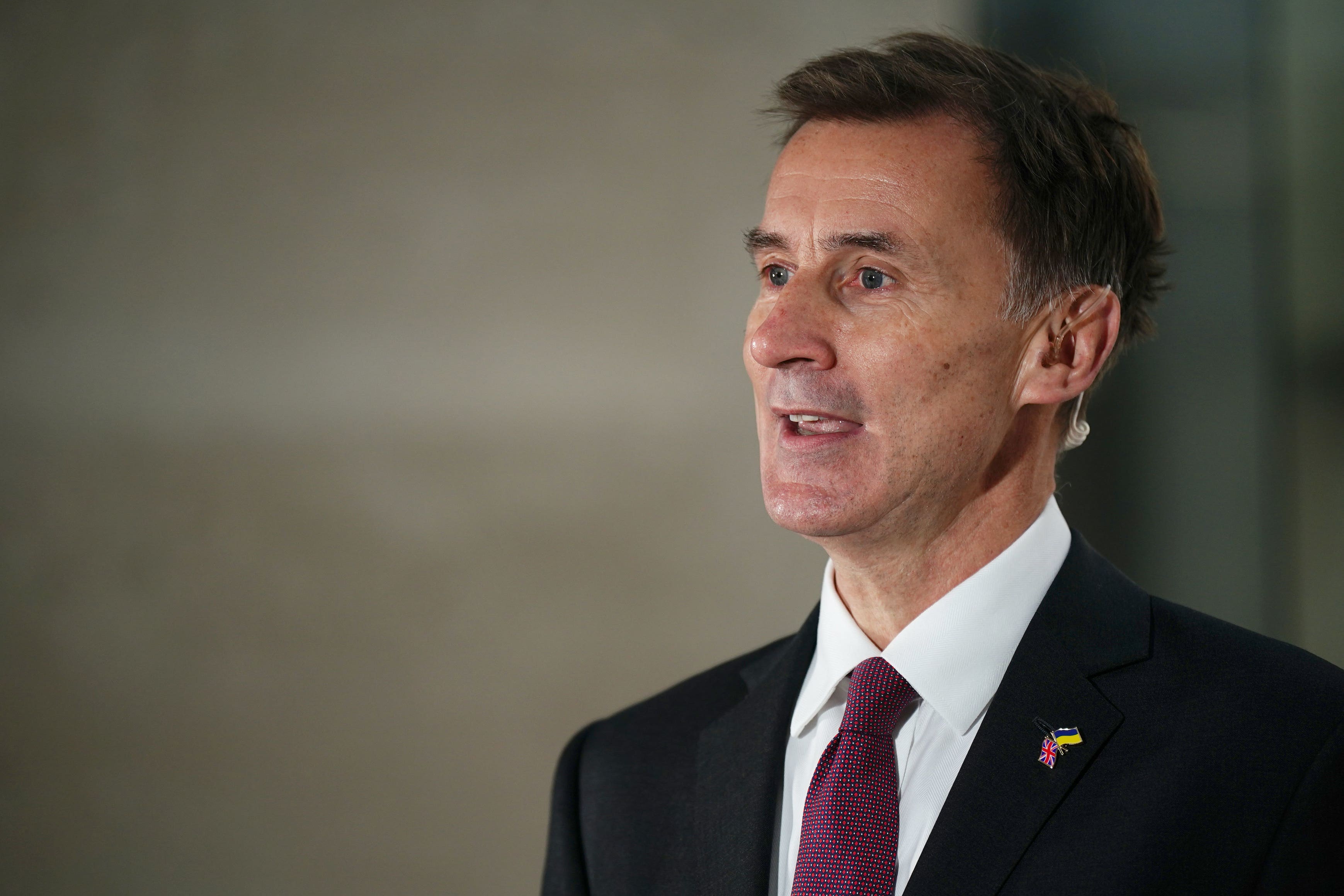
The upcoming Budget could include disability benefit reforms in a bid to get people back into work, experts have warned.
Jeremy Hunt is preparing to announce the government’s Spring Budget next week as the nation battles soaring inflation, rising interest rates and devastatingly high food prices.
Speaking at the Resolution Foundation’s event previewing the Budget, Financial Times economics editor Chris Giles warned that of the major announcements expected to be announced, reforms to disability benefits could be an option to help address the UK’s workforce shortages.
“Most likely to happen is disability benefits reform but not very large,” Mr Giles told the panel.
He added: “I think there will be carrot and stick involved because the chancellor is worried by the rise of people on disability benefits.
“The charitable way of putting it is that people are better off in work rather than out of work and have better lives and maybe they need a push. That’s not how a lot of people will see it but that’s how the government will see it.”
A new report revealed that a huge wave of early retirement following the Covid pandemic was the biggest cause of labour shortages across the UK. The committee warned that the workforce outlook for the UK was “bleak”, finding that economic inactivity has increased by 565,000 people since the start of the pandemic.
There was also a stark increase in long-term sickness since the start of the pandemic, with the Office for National Statistics (ONS) finding that 217,000 people not in work in the year to July reported long-Covid. However, the report highlighted that most of the rise in sickness-related inactivity was among people already taking leave and those leaving jobs were more likely to be ending their careers early.
Kate Bell assistant general secretary of the TUC union agreed with Mr Giles, telling the think tank’s panel that she hoped the government did not go in the direction of disability benefit reform.
“I worry it will happen,” Ms Bell said. “Over the year they’ve announced large amounts of conditionality none of which has been aimed at the people who have left the labour market or addressed the root issues these people face.
“The government usually reaches for benefit conditionality when they don’t have anything to say.”
“I think it might happen because they see it as easy and cheap.”

The Resolution Foundation said Mr Hunt may use the Budget to extend the government’s energy support scheme, which would keep household bills at £2,500 for longer before the energy price cap increases to £3,000 a year.
The Institute for Fiscal Studies (IFS) previously calculated that extending the current level of energy support for households and businesses for another three months – as suggested by Labour – would cost the government around £2.7 billion.
IFS director, Paul Johnson said the move would be a “very straightforward thing for them to do” and comes amid mounting calls for the government to reduce support from April.
Mr Hunt could also dig deep into government pockets to help fund a one-off bonus for public sector workers in a bid to avert intensifying industrial action, according to the IFS report – with the UK on course to borrow £30bn less than forecast this year.
Mr Johnson said a pay rise averaging 5.5 per cent – which would add around £5bn to the cost of the next settlement – could be paid for by ditching the planned fuel duty freeze, worth around £6bn.
Mr Johnson said Mr Hunt had a “straight choice” between helping drivers with fuel costs or helping public sector workers during the cost of living crisis.
“There is a straight choice there, £6bn goes quite a long way, if you are spending that on public sector pay rather than cutting fuel duty,” the expert said.







